Big Fish: Where Fantasy Breathes Life into Family Values
Tim Burton’s Big Fish stands as a unique and deeply personal entry in his celebrated filmography, masterfully weaving his signature fantastical elements with poignant, heartwarming family themes. Released in 2003, this pivotal film marked a discernible shift for the director, following a period of critical re-evaluation. The narrative centers on Will Bloom (Billy Crudup), a successful yet grounded journalist, who embarks on a journey across continents to reconcile with his gravely ill father, Edward Bloom (Albert Finney). As Edward approaches his final days, Will strives to uncover the unvarnished truth hiding beneath his father’s lifelong repertoire of larger-than-life, fantastical anecdotes—stories that have always seemed more fiction than fact. It’s a quest for understanding, reconciliation, and ultimately, a different kind of truth.
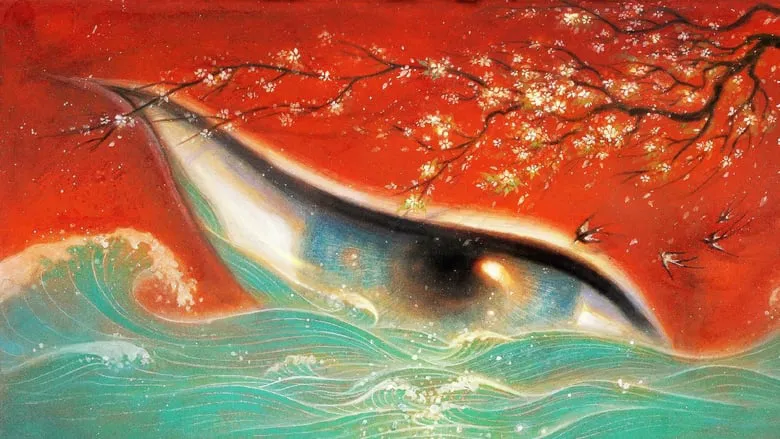
Following the somewhat divisive reception of his 2001 Planet of the Apes remake, Big Fish felt like a revitalizing return to the core of Burton’s artistic spirit—his boundless capacity for youthful wonder and rich imagination. At its heart, the film is a vibrant tapestry spun by Edward Bloom, whose younger self is optimistically portrayed by Ewan McGregor. Through McGregor’s captivating performance, we are transported into Edward’s telling of a whimsical, almost mythical America, a landscape seemingly fashioned from the very fabric of Burtonesque fantasy itself. This is where every quirky character, every surreal encounter, and every impossible event finds its fantastical origin.
A Fantastical Odyssey and Its Unique Inhabitants
Edward’s tales paint a picture of an America where the absurd is commonplace and magic is just around the corner. Here, graceful mermaids glide through hidden coves, while good-natured, gluttonous giants lumber through forests. Leaping spiders share the land with dazzling circus performers, and enigmatic, one-eyed witches dispense prophecies alongside ordinary, upstanding citizens.
Much like the eponymous character in Forrest Gump, Edward Bloom finds himself experiencing pivotal moments in history, including an overseas war. However, even these dramatic encounters are imbued with Burton’s signature fairytale quality, lacking the harsh realism often depicted in such narratives. For every absurd or perilous wartime event, there’s an equally bizarre or heartwarming life occurrence, further blurring the lines between reality and fable. This landscape, where rivers flow with caramel instead of water and shores are made of jelly, teeming with the fantastical characters of Big Fish, presented a fresh direction that resonated deeply with some, but perhaps less so with segments of Burton’s long-standing fanbase.
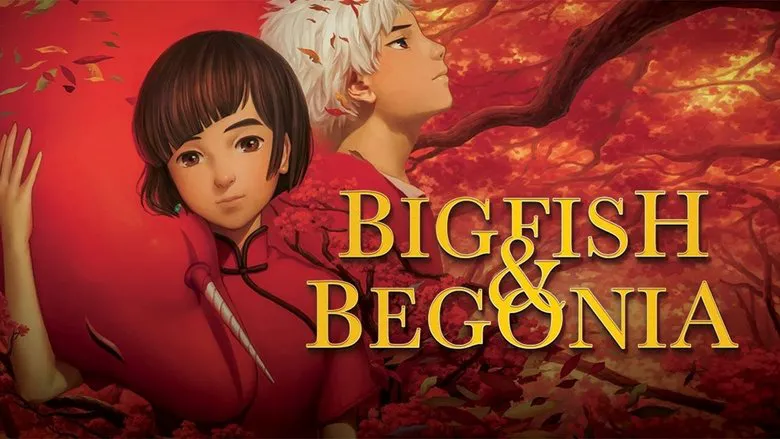
A Divisive Aesthetic: From Gothic to Grandeur
Just as Will, the son in the film, grows increasingly weary and frustrated by his father’s perpetually embellished and seemingly unbelievable stories, a portion of Tim Burton’s long-time fanbase experienced a similar sentiment towards Big Fish. For those who had come to expect and adore Burton’s distinctive gothic sensibility—his shadowy settings, quirky yet macabre characters, and often melancholic undercurrents—this film represented a significant departure.
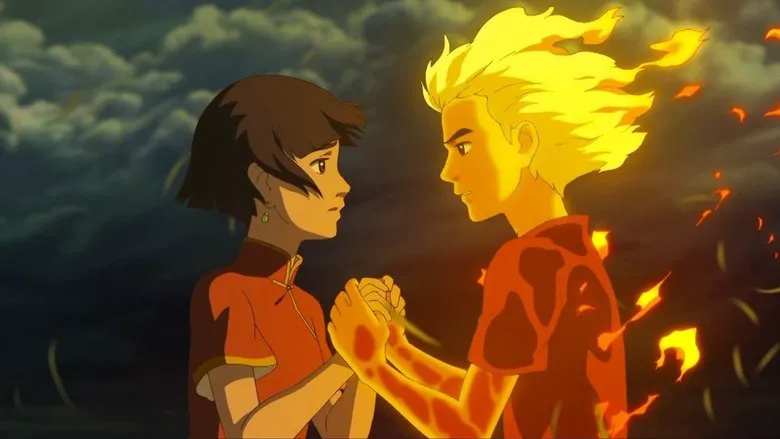
The vibrant fields of yellow daffodils, the comforting imagery of apple pies, the charming spectacle of Siamese twin singers, and the overall atmosphere of a perpetual Sunday fair did not resonate with those yearning for the iconic nightmares of “Sleepy Hollow’s” headless horseman, the poignant solitude of “Edward Scissorhands,” the grotesque charm of “Batman Returns’” Penguin-man, or the dark humor of invading Martians from “Mars Attacks!”. These viewers perceived Big Fish as overtly sentimental, a softening of the edges that defined their beloved director.
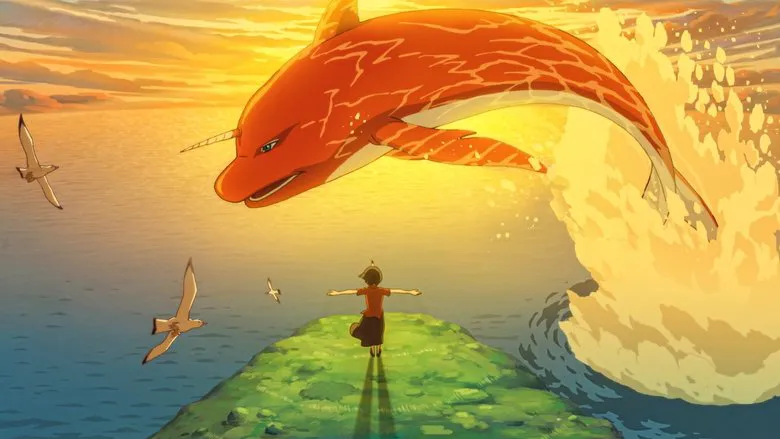
Burton’s Evolution: A Conscious Embrace of Family Cinema
However, understanding Big Fish requires recognizing it as a conscious and heartfelt evolution in Tim Burton’s directorial journey. As a father himself, Burton seemed to deliberately steer his creative vision towards more universally accessible, family-friendly cinema. This film seamlessly bridges the gap, making his unique brand of storytelling digestible not only for adults who possess a childlike wonder but also for their developing children.
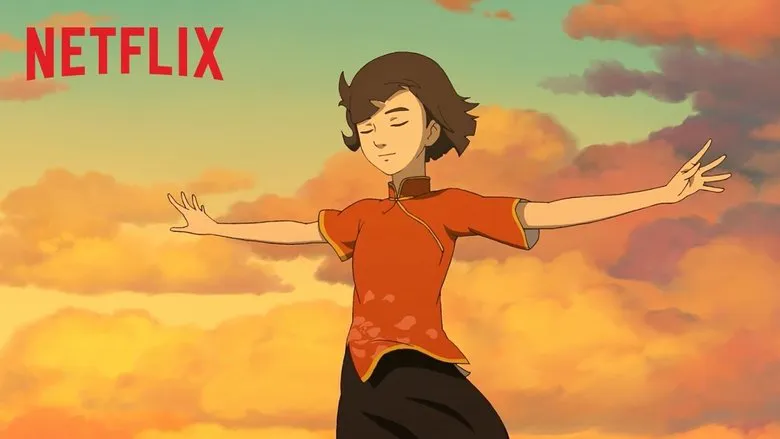
While this shift in thematic focus and aesthetic may have subtly alienated some of his earlier, more niche devotees, it simultaneously unfurled his rich tapestry of imagination to an entirely new and broader audience. Big Fish is more than just a sequence of whimsical vignettes; it’s a profound narrative on reconciliation, the blurred lines between truth and embellished storytelling, and the enduring power of a father’s legacy, even if that legacy is woven from fantastical threads. It stands as a powerful testament to Burton’s remarkable ability to mature and evolve as a filmmaker, pushing the boundaries of his signature style while never truly abandoning the distinctly surreal and heartfelt essence that defines his work. This film ultimately champions the beauty of storytelling itself, affirming that sometimes, the grandest tales hold the most profound truths.